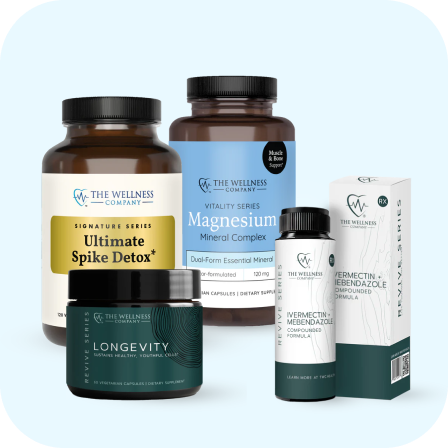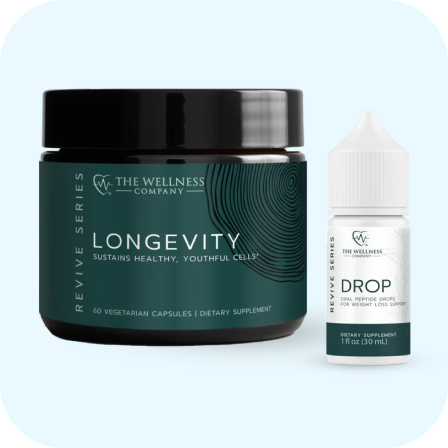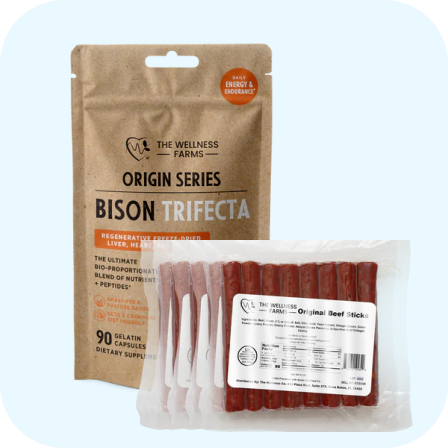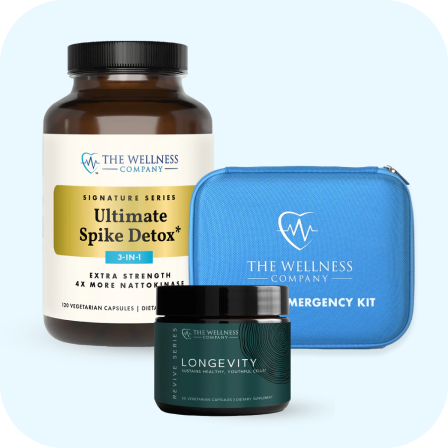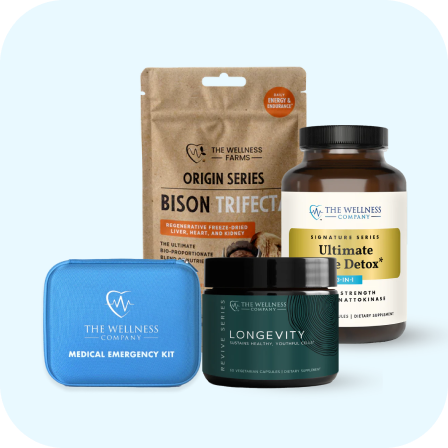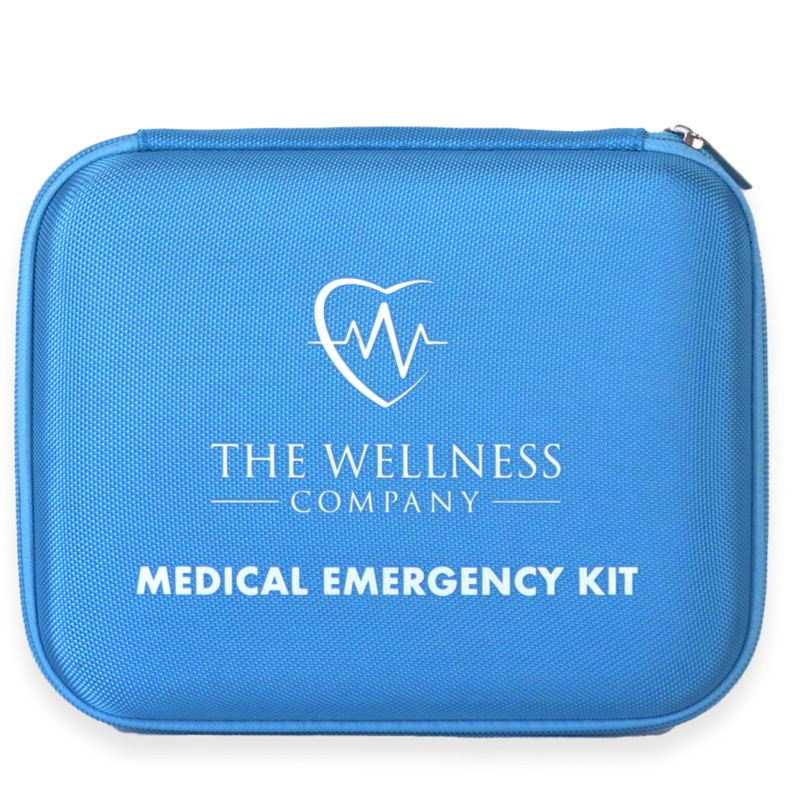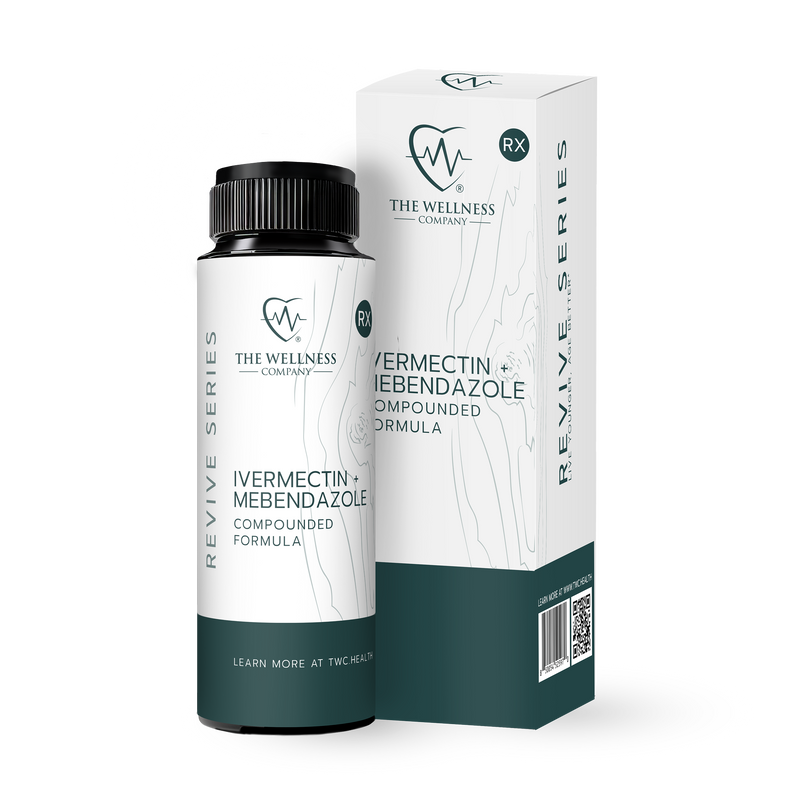Supplement Success: Harnessing the Power of Consistency for Optimal Wellness

Amid the hustle and bustle of modern life, it's not surprising that we sometimes fall short on our wellness routines. This is not only true for habits which take serious discipline, like exercise; it’s even the case for seemingly simple things like taking medications and supplements. A 2012 study, for example, estimated that a lack of adherence to prescription medications accounts for a staggering 125,000 deaths annually in America [1].
In a world where people suffering with severe illness struggle to take life-sustaining medications as prescribed, is it any wonder that we aren’t always consistent with nutraceuticals and other supplements?
We've all been there - we miss a dose or two, thinking it's no big deal. But when it comes to supplementation, consistency matters. In today’s article, we’ll explore why this is the case, and discuss simple principles of habit change that you can leverage to ensure you’re getting the most from your supplement regimen.
Why Consistency Matters
When we take our supplements as prescribed, we're doing more than just swallowing a capsule or two. We're giving our bodies the specific nutrients they need, in the right amounts, when they need them. Every supplement has a particular dosage for a reason. The amount you take is carefully formulated by experts based on the scientific literature to provide the maximum benefit, without overloading your system.
Consider vitamin D, for example. If you live in a place without much sunshine, or you're indoors most of the day, you’re very likely to have a vitamin D deficiency. A supplement can help bridge this gap. Scientific studies have shown that consistent vitamin D supplementation can, among much else, significantly improve immune function [2]. If you take too little, however, you’re simply not giving your immune system enough raw materials to lift itself out of a state of deficiency.
If you take too much, on the other hand, you could disrupt the balance of calcium in your blood, causing a host of unwanted side-effects. The prescribed dosage is designed to put you in the “Goldilocks zone” - not too low, but not too high.
Practice Habit Stacking
When it comes to wellness habits, our culture doesn't have a knowledge problem. We have an implementation problem. Most of us know what's good for us. We just can't make ourselves do it. So we need to be explicit about the basics of habit change.
One of the simplest and most effective habit change tactics is called habit stacking. This means incorporating a new habit into a routine you already have in place. Do you always have a glass of water, or a cup of coffee first thing in the morning? Stack your morning supplements onto that existing habit. Consider putting your supplements right next to the coffee pot. The fewer steps needed, the better.
Do you have a nightly skincare routine? Add your supplements as the final step. By tying supplement intake to an existing habit, rather than performing them whenever the thought comes to mind, you're much more likely to be consistent.
If that doesn't work for you, there are plenty of mobile phone apps designed to remind you when it's time to take your supplements. Alternatively, you could set a daily alarm as a reminder, or even check off a good old-fashioned calendar to track your progress. If you have a complicated supplementation regimen, pillboxes with daily compartments can help you organize your doses for the week, ensuring you never miss a beat.
Bottomline
Reflect on how you show up for those you love. When a family member (or pet, for that matter) is prescribed medication, we make sure they take the right dose at the right time, every single day. We understand their health depends on it. While many of us struggle to extend the same level of compassion to ourselves, we need to realize that prioritizing our own wellness isn’t selfish at all; it’s the very foundation of our ability to be our best selves in all domains of life.
References
[1] Benjamin, R. M. (2012). Medication adherence: helping patients take their medicines as directed. Public health reports, 127(1), 2-3.
[2] Charoenngam, N., & Holick, M. F. (2020). Immunologic effects of vitamin D on human health and disease. Nutrients, 12(7), 2097.







